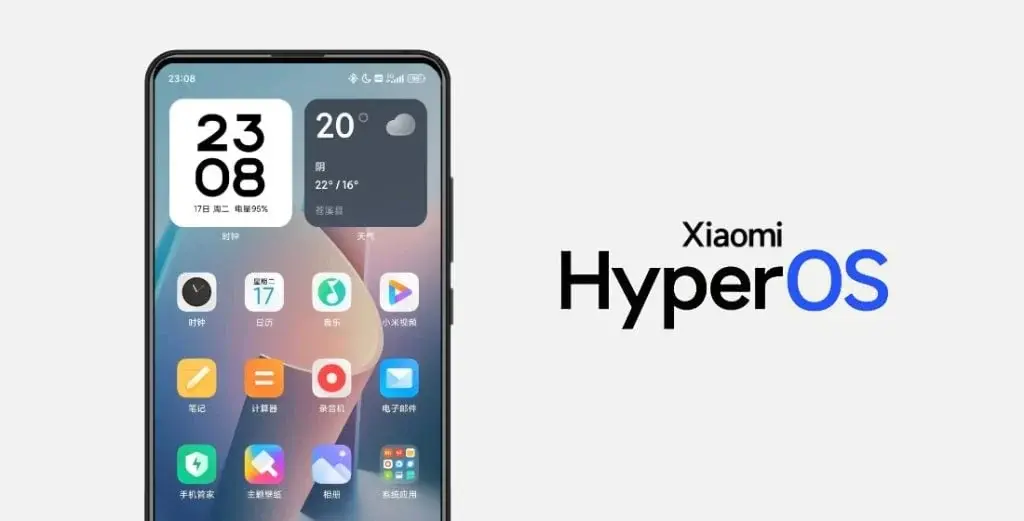Speculations Surrounding Xiaomi’s Bootloader Unlocking Policy
Xiaomi, the Chinese smartphone manufacturer, is rumored to be contemplating stricter measures for bootloader unlocking in its devices, causing anxiety among its user community. Leaked information suggests that Xiaomi is planning to introduce changes that will make the process of unlocking the bootloader more arduous, potentially affecting customization options, custom ROM installations, and advanced user operations.
Bootloader unlocking is a practice that enables users to gain root access to their devices, allowing them to modify the operating system and install custom software. This has been a popular feature among Xiaomi users, as it grants them greater control over their smartphones and the ability to personalize their user experience.
However, recent reports indicate that Xiaomi might be reconsidering its stance on bootloader unlocking. This has triggered concerns among enthusiasts and power users who heavily rely on this functionality to customize their devices beyond the manufacturer’s limitations.
Impact on Customization and Custom ROM Installation
If Xiaomi implements stricter measures for bootloader unlocking, it could significantly impact the customization options available to its users. Currently, Xiaomi smartphones offer a wide range of customization features, allowing users to personalize their devices with themes, icons, and other modifications. However, with the proposed changes, these customization options may be limited, leaving users with a more restricted user interface.
Furthermore, custom ROM installation, which is a popular practice among tech-savvy users, may also be affected. Custom ROMs are aftermarket firmware that users can install to enhance the performance and features of their devices. By imposing stricter measures for bootloader unlocking, Xiaomi may limit the compatibility and availability of custom ROMs, depriving users of the opportunity to explore alternative software experiences.
Concerns for Advanced User Operations
Advanced users, such as developers and enthusiasts, often rely on bootloader unlocking to perform tasks that go beyond regular user operations. This includes debugging, kernel modifications, and system-level tweaks. If Xiaomi makes the process of unlocking the bootloader more challenging, it may impede the ability of these advanced users to carry out their activities effectively.
Moreover, the proposed changes may also impact the availability of third-party tools and applications that rely on bootloader unlocking. Many developers create innovative tools and apps that require root access to function properly. With stricter measures in place, these apps may become incompatible or entirely unusable on Xiaomi devices, limiting the options available to users.
While Xiaomi has not officially confirmed these speculations, it is essential for the company to consider the impact of stricter bootloader unlocking policies on its user base. Balancing the need for security and user customization is crucial to maintaining customer satisfaction and loyalty.
Pricing and Specifications
As of now, Xiaomi has not announced any changes to its bootloader unlocking policy. The pricing and specifications of Xiaomi smartphones remain unaffected by these speculations. Users can continue to enjoy the exceptional value and performance offered by Xiaomi devices.
In conclusion, if Xiaomi proceeds with stricter measures for bootloader unlocking, it could have a significant impact on customization, custom ROM installation, and advanced user operations. It remains to be seen how Xiaomi will address these concerns and find a balance between security and user freedom.


Leave a Reply